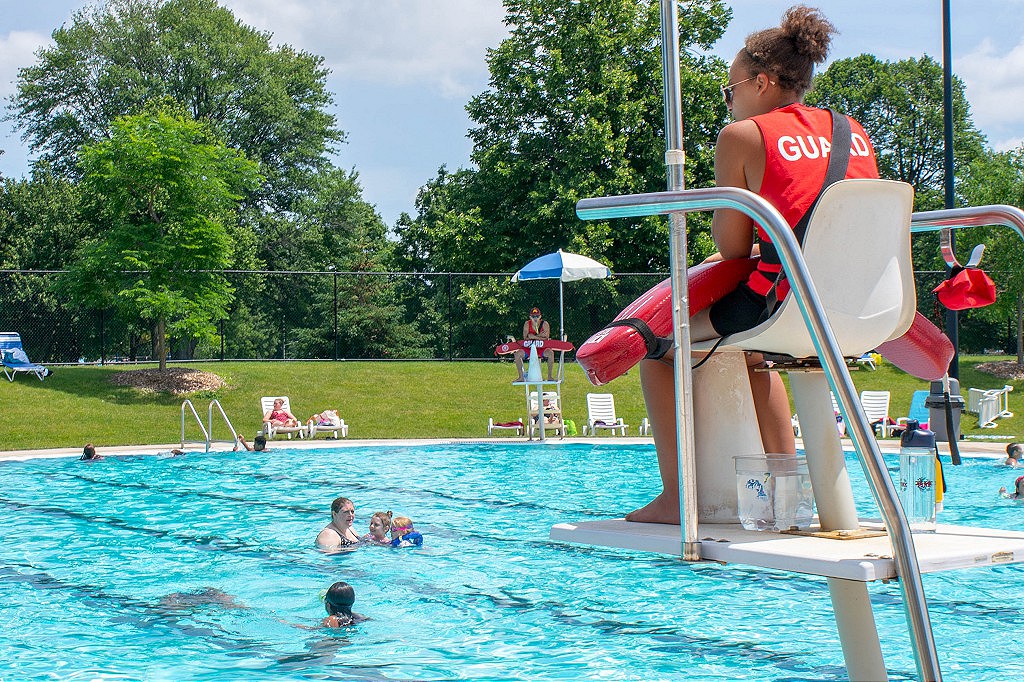Are Lifeguards Legally Liable for Swimming Pool Deaths?
What Situations and Circumstances Can a Lifeguard Be Held Liable for a Swimming Pool Drowning in California?

Especially in a warm climate like Los Angeles, swimming pools are a popular activity for people of all ages. However, a fun day at the pool can easily turn tragic as the result of an accidental drowning. You may think that your child is a strong swimmer, but accidental drownings happen more often than you think.
In fact, there was an average of 3,536 fatal unintentional drownings from 2005-2014, and these are all non-boating related. About one in five drowning victims are children aged 14 and younger. For every child who dies from drowning, another five have to undergo emergency care for submersion injuries. Many of these deaths occur even when a lifeguard is present.
The lifeguard’s job is to watch over all swimmers and ensure their safety. The lifeguard on duty should be trained in lifesaving CPR techniques in the event that a swimmer’s life is in danger. However, when they fail in that duty, it’s natural to feel betrayed and to wonder if you have a case for a Los Angeles public pool injury attorney. Before contacting a swimming pool injury lawyer, it’s helpful to educate yourself on swimming pool drownings and lifeguard liability.
Common Factors in Swimming Pool Drownings
Your swimming pool injury lawyer can tell you about the most common environments in which their drowning cases have happened.
A key way lifeguards keep everyone safe is through patron surveillance. Lifeguards are supposed to sit “poised and ready” atop an elevated platform to ensure that they can see everyone properly. Conducting patron surveillance means monitoring the environment, warning swimmers when their actions are dangerous, educating them about the consequences of injurious behavior, and enforcing rules and regulations that prevent injuries.
One of the most common situations where a pool drowning occurs is when the pool is overcrowded, making it difficult for the lifeguard to keep track of everyone. An overcrowded pool area makes it harder to notice someone in distress. If the pool operator allowed it to get too crowded or did not bother to have a maximum capacity posted, then they could also be held liable.
While the Hollywood depiction of a drowning person is dramatic and attention-grabbing, real-life drownings tend to be quieter. Instead of shouting for help and waving their arms, drowning persons usually struggle to keep their head above the surface of the water, so they cannot breathe, let alone call out or wave their arms. This is why a lifeguard needs to exhibit constant vigilance, meaning they cannot leave the premises, look at their phone, or get absorbed in conversation with friends.
Lifeguard Liability
In most states, lifeguards and other safety responders are expected to exercise a reasonable standard of care set by their training and local protocols surrounding swimming pools. A failure to maintain that standard of care can result in liability for the accident. The condition of the swimming facility and any warnings or protections also contribute to liability. Your community pool accident attorney can assess the environment on the day of the accident to shed more light on the liability of the lifeguard and the pool owner.
In 2017, the state of California passed new legislation mandating that public lifeguards undergo at least 21 hours of advanced first aid training. Public recreation programs are supposed to provide this training. Responsibility to ensure that all working lifeguards have this training is placed on the owner/operator of the pool.
If you find that the lifeguard on duty at the time of the drowning had not undergone this mandatory 21 hours of training, then you have a case for a Los Angeles personal injury lawyer.
However, even when lifeguards are properly trained, they can still make deadly mistakes while on duty. Training is very different than being in an actual life-threatening situation, and it’s possible that the lifeguard could freeze up or forget their training when it comes time to save a drowning swimmer’s life. If the court decides that another average lifeguard could have performed better in the situation, then the lifeguard can be held liable for damages.
Additionally, if the court finds that the lifeguard was exhibiting inattention on the clock, then you also may have a case for a personal injury claim or wrongful death lawsuit. If any witnesses at the event say that they saw the lifeguard talking with friends, staring at their phone, or leave their post to go somewhere else, then you and your injury lawyer in Los Angeles have a strong case.
Keep in mind that if the lifeguard that failed to save your loved one’s life was off-duty at the time, they are protected under California’s’ Good Samaritan Law. However, if the lifeguard was on the clock and did not do their job properly, you have a case for compensation. The courts will look at the way the lifeguard on duty acted to see if another lifeguard could have administered better life-saving techniques or prevented the accident altogether. Gutierrez Law Firm can best assist you in building a case that can provide you some closure in the event that your loved one is seriously injured or killed in a drowning accident.

